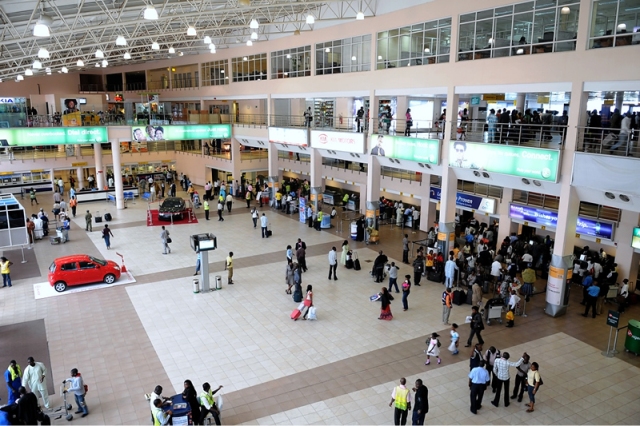Since the breakout of the COVID-19 in Nigeria, several sectors of the nation’s economy has been greatly affected and despite the easing of the lockdown, many are still struggling to find their way back. Nigeria’s aviation sector, one of the worst hit sector has been losing about N21 billion monthly since the outbreak of COVID-19 in the country, according to the Minister of Aviation, Hadi Sirika.
The minister during one his addresses to the nation even predicted that many Nigerian airlines faced an imminent collapse as a result of the huge economic losses due to COVID-19 pandemic. Well, that was an obvious prediction no one can deny considering that the airlines ceased operations since March 2020.
Even though the ban on local air travels was gradually eased on 8th July, 2020, not a lot of the airlines have been able to find their bearing due to low patronage. Flights which operated on the Lagos-Abuja routes on the 8th of July operated with about 50 to 60 percent load factor. Arik Air for instance, carried 78 passengers on its Boeing 737 aircraft which usually carries about 150 to 200 passengers. The number went up to about 80 passengers while on its second flight on Lagos-Abuja flight.
One of Nigeria’s airline, Medview Airline, in a recent development has stated that it will be selling two aircraft to pay off debt. This was a decision reached at a Zoom board meeting which held on Thursday. The management noted that the aircraft to be sold are B737-400 5NMAA aeroplane in Estonia and the B737-400 5NMAA aircraft in Lagos. This is in addition to returning a leased aircraft engine to Aeolus, the lessor, so as to obviate the payment of additional rent.
According to the airline, the sale is expected to liquidate part of its indebtedness and inject part of the funds into its operations so as to jump-start it again after the COVID-19 pandemic total lockdown. Although the reasons weren’t stated, two of the airline’s directors resignation, Ayodeji Ariyo Gbeleyi and Olabode Kacheef Oyedele, were also accepted at the meeting.
New entrants into the industry such as Green Africa Airways which had concluded plans to begin operations after signing a Memorandum of Understanding (MoU) with Airbus for 50 airplanes has had to halt their plans due to the pandemic.
Prior to this nightmare, according to IATA, aviation contributed $1.7 billion to Nigeria’s GDP and supported 241,000 jobs. The international aviation body estimated that the COVID-19 crisis puts 124,000 Nigerian jobs at risk and some $900 million of the country’s GDP.
The IATA Regional Vice President for Africa and the Middle East, Muhammad Albakri stated that given the importance of air transport for Nigeria’s economy and connectivity, it is of utmost importance that the government do not allow the nation’s aviation fail.
According to him, the industry faces a liquidity crisis. Without a viable aviation sector Nigeria’s eventual recovery from COVID-19 will be longer and even more painful. Aviation-specific financial relief measures are urgently needed as a matter of survival.
It is no gain saying that 2020 has dealt the aviation industry a serious blow, a huge knockout, no thanks to the COVID-19 pandemic. The question on everybody’s lips now is how long before things get better?













